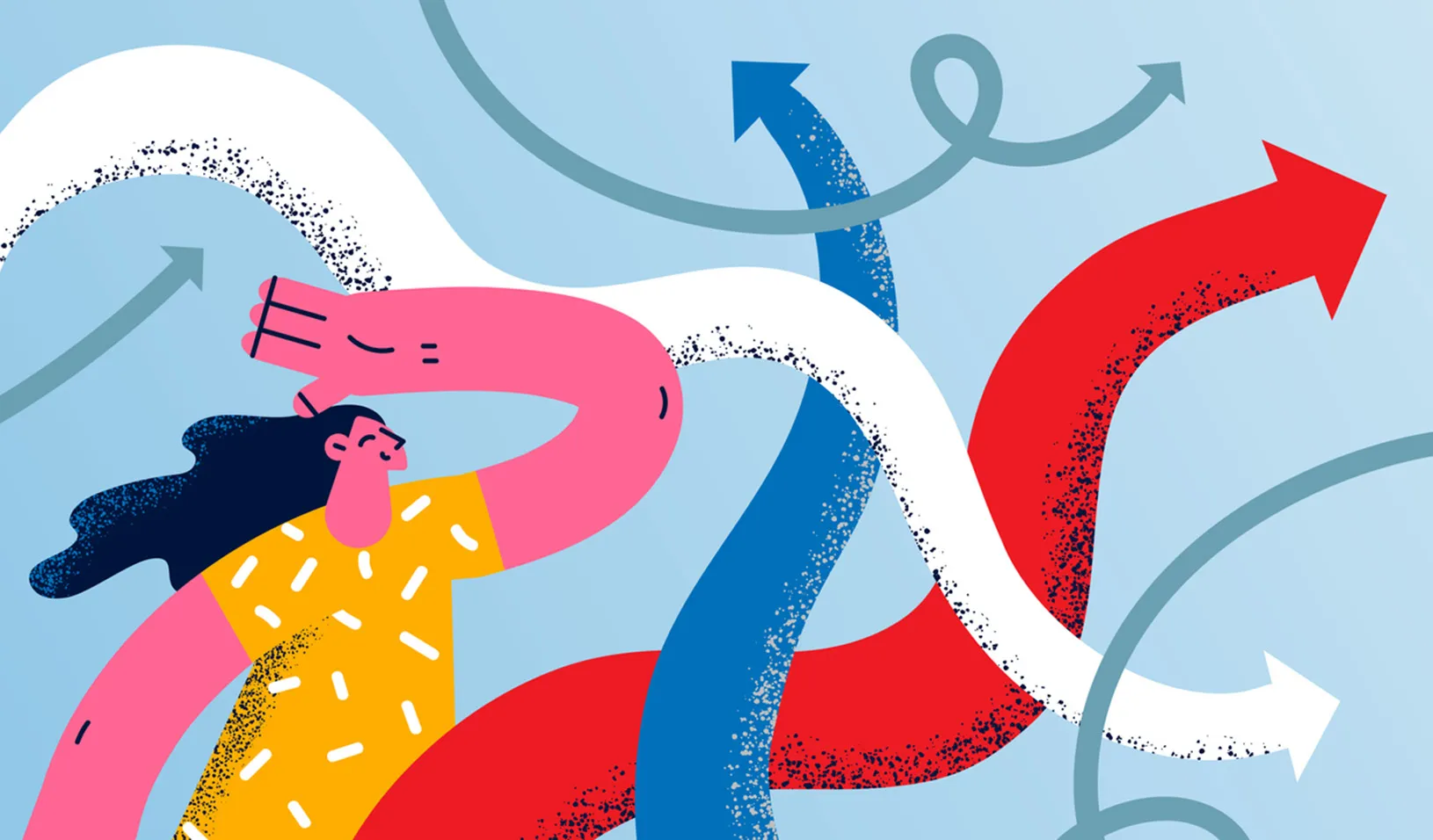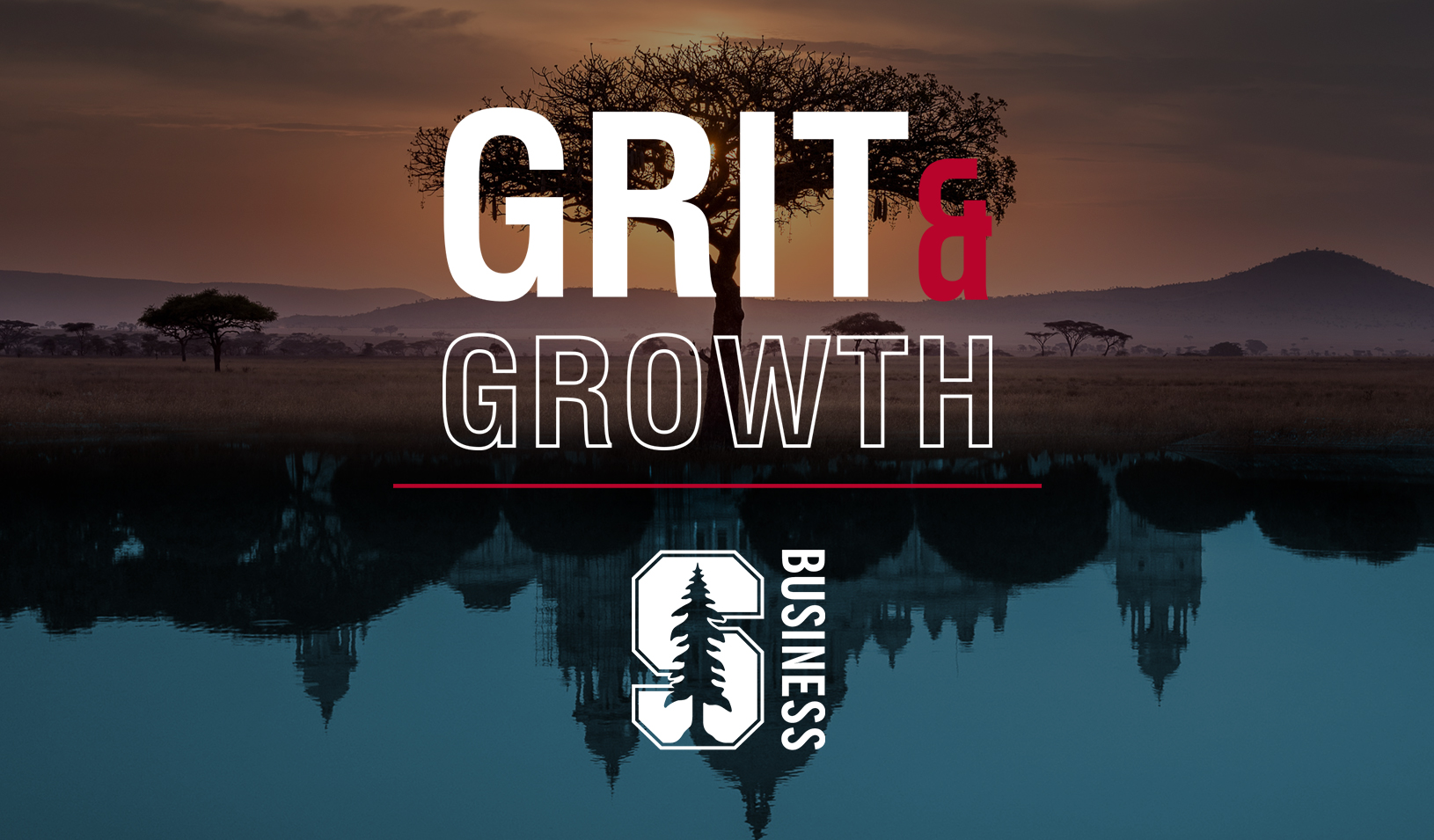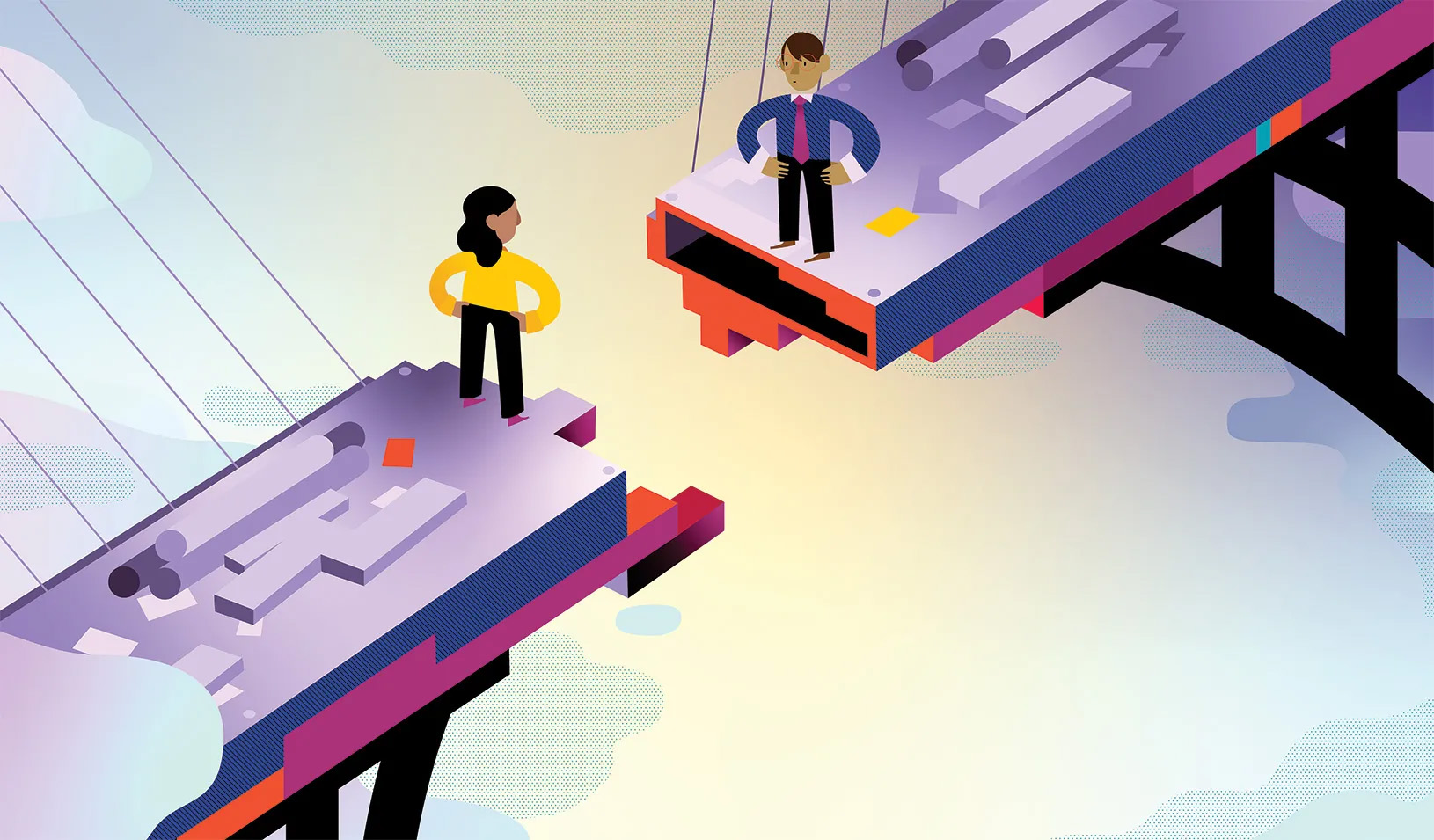
Those who stay ahead of the curve on serving older customers could become “massive winners.” | iStock/Denis Novikov
Thanks to modern medicine and improved public health, the average lifespan has significantly increased. As it expands, the global population of people 60 and older holds unprecedented potential and power. The current issue of Stanford Business looks at the impact of this monumental demographic shift on our economy, workplaces, and communities.
Here are four key takeaways:
1. Don’t Overlook Older Consumers
“Longer-lived, longer-working individuals” control an increasingly large slice of GDP and account for approximately half of all consumer spending. Robert Chess, who co-teaches a Stanford GSB course on the growing importance of older consumers and workers, compares the “longevity economy” to the computer industry back in the 1980s — stating that those who are ahead of the curve on serving older customers will become “massive winners.”
2. Prepare for Unpredictable Life Paths
Of course, older people are more than just shoppers. As people enjoy longer lives, they may want to reevaluate their life paths. Research by Susan Wilner Golden highlights how more people will cycle through stages rather than follow the predictable model of “learn, earn, retire.” A prime example of this fruitful approach, Golden returned to school at age 60 and became a fellow at the Stanford Distinguished Careers Institute after taking a break to focus on family.
3. Ageism — Not Dead Yet
Ageism continues to pervade American work culture. According to AARP, over 60% of adults 40 or older have seen or experienced age discrimination in the workplace. Research by GSB professors Ashley Martin and Jeffrey Pfeffer suggests that “the tools to combat ageism may already exist.” Martin’s research indicates that diversity training can be effective. Pfeffer also argues that legal pressure ought to be exerted. “The point is just to raise the cost of this form of discrimination,” he says.
4. We’re All in This Together
Laura Carstensen, founding director of the Stanford Center on Longevity, believes ageism is best combatted by encouraging people of all ages to interact freely in the workplace, home, and community. As people live and work longer, Carstensen predicts that “virtually every aspect” of our lives will change. And those changes won’t just affect older people. “We have so many things we could do to make life better, and not just for old people: for children, for their parents, for workers and employers,” she remarks.
“We Have 30 Extra Years”: A New Way of Thinking About Aging
For media inquiries, visit the Newsroom.







